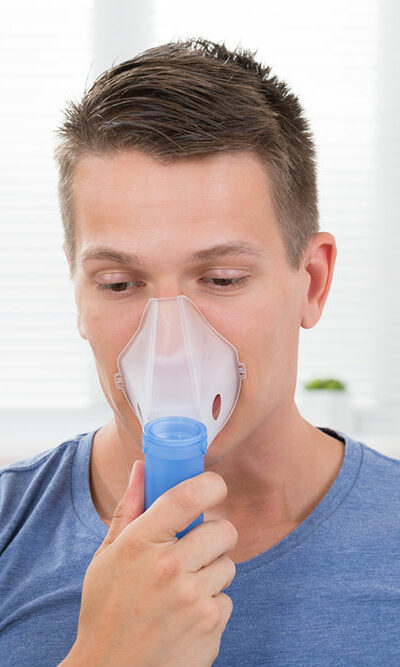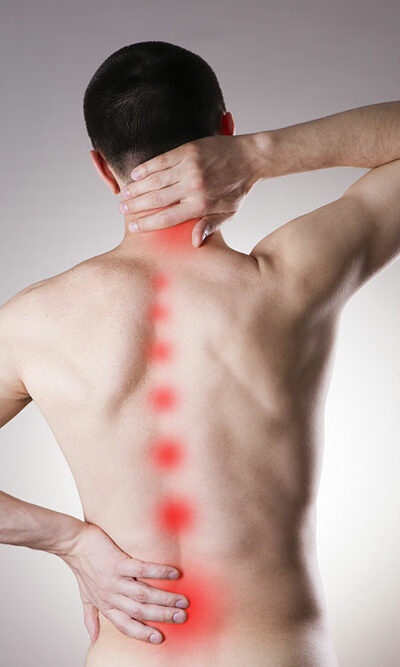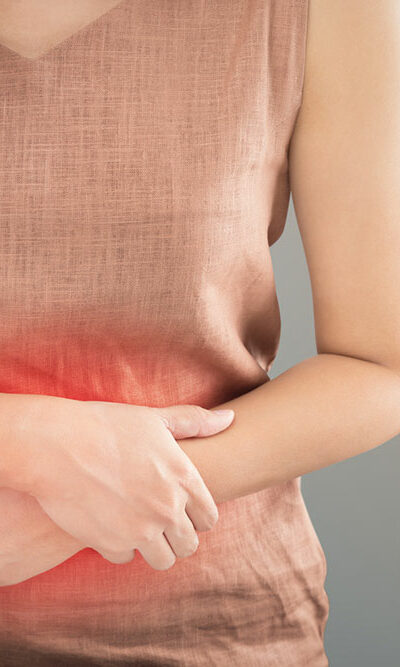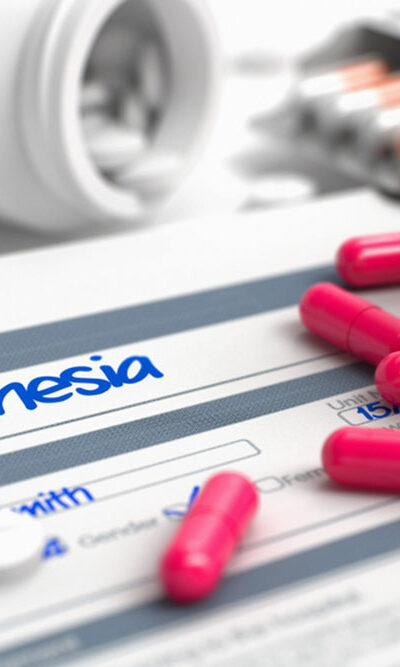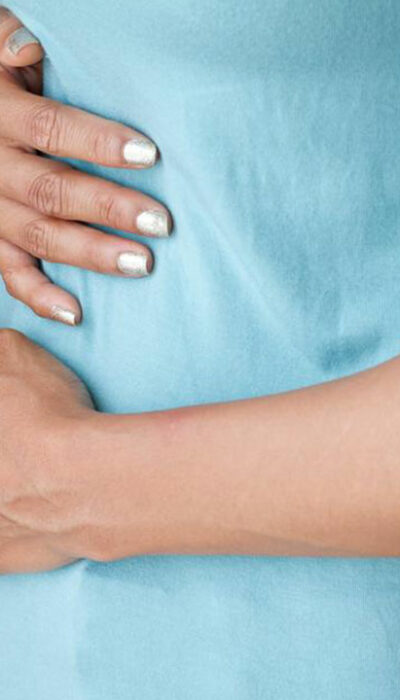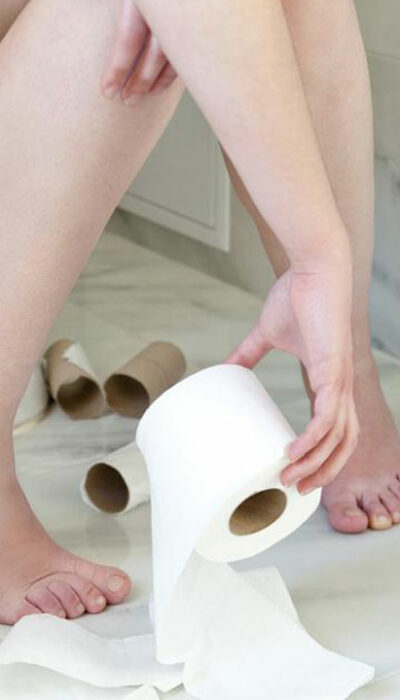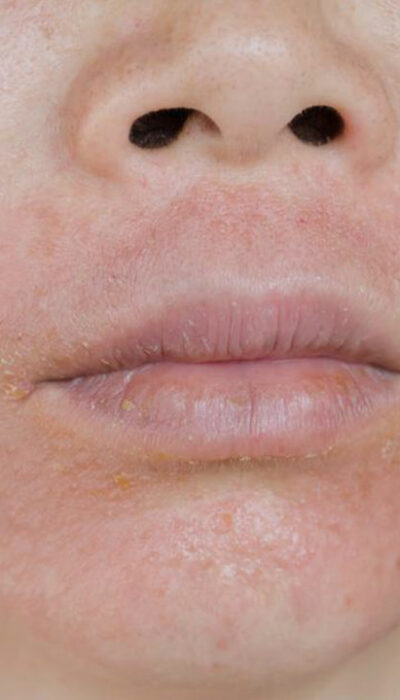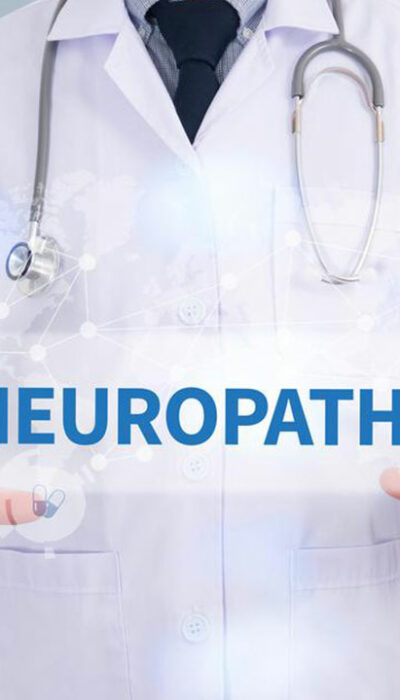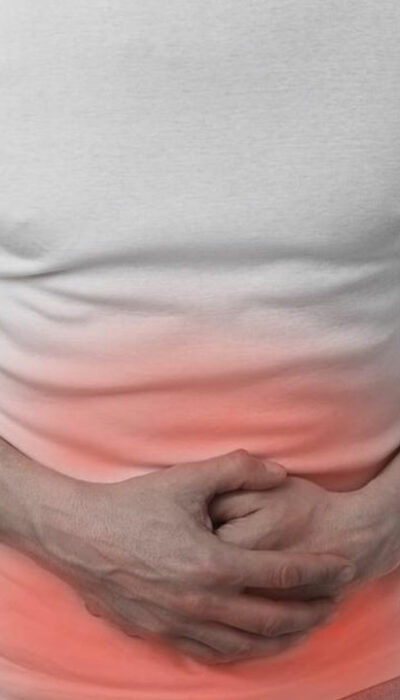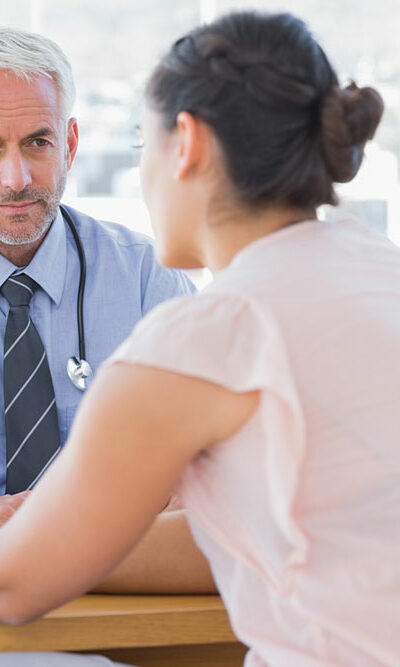
ED Treatment
ED is the short form of erectile dysfunction. In erectile dysfunction, the male is not able to maintain his erection during sexual intercourse. At times, this situation is common as it has a direct relationship with stress and other lifestyle disorders. However, if the problem is frequent, it is a sign of health-related problems. As erectile dysfunction, or impotence, depends on deep-rooted factors like relationship stress and difficulties in handling emotions, seeking medical help for the condition is something that shouldn’t be neglected. The most effective ED treatment is generally suggested by a doctor according to the condition of the patient. What are the symptoms of erectile dysfunction? There are various symptoms of ED, such as the following: Lack of interest in sex. Not being able to maintain the erection during sexual intercourse. Difficulties in getting an erection. Some other disorders that occur due to ED are listed here: Delay in ejaculation Anorgasmia Premature ejaculation What are the causes of erectile dysfunction? The causes of ED may depend on emotional and physical disorders such as those mentioned below: Injuries Stress Drug use Hypertension Hyperlipidemia Damage due to surgery or cancer Increasing age Relationship problems A heart-related disease Excess use of alcohol Smoking What are the most effective treatments for ED? There are about 20 million men in America facing the problem of erectile dysfunction. This disorder is mostly seen in middle-aged or older men. Most men start facing this problem at the age of 40 on a regular basis. The good news is that there are lots of treatments available to treat ED and help maintain the erection without any problems. The most effective ED treatments present in the market are Tadalafil (Cialis), SildenafiL (Viagra), or Vardenafil (Levitra). All of these treatments provide the same benefits as the better flow of blood to the penis and differ with respect to the duration of time.
